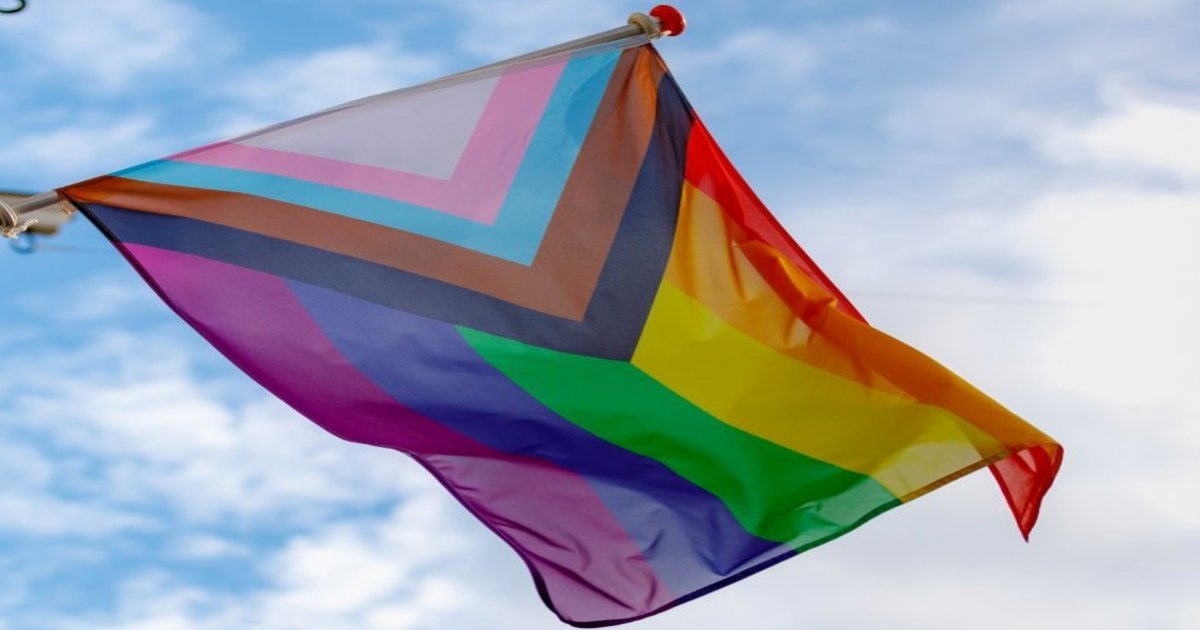
US Supreme Court Allows Businesses to Discriminate Against LGBTQ Customers

In a recent ruling, the United States Supreme Court has granted certain businesses the right to refuse services for same-sex weddings, raising concerns about its impact on LGBTQ rights and civil rights laws. The 6-3 decision, supported by the conservative majority, favored web designer Lorie Smith’s plea for an exemption from Colorado’s anti-discrimination law based on sexual orientation and other factors.
Lorie Smith, an evangelical Christian opposed to same-sex marriage, filed a lawsuit in 2016, fearing potential consequences under Colorado’s public accommodations law if she declined to provide services for gay weddings. Her legal team argued that being compelled to participate in a same-sex wedding would contradict her Christian beliefs and violate her freedom of speech protected by the First Amendment.
Advocates for LGBTQ rights argue that Smith’s position infringes on the rights of LGBTQ individuals to access goods and services without facing discrimination. Writing for the majority, conservative Justice Neil Gorsuch supported Smith’s argument, stating that Colorado sought to force her to deliver speech she did not endorse, thereby encroaching upon her protected First Amendment rights.
However, liberal Justice Sonia Sotomayor dissented, expressing concern that this ruling could be extended to any business, fueling a broader “backlash” against LGBTQ equality. She highlighted that the decision granted businesses the constitutional right to deny service to protected classes.
Civil rights groups and legal scholars cautioned about potential ripple effects of this ruling, as it could undermine existing laws aimed at preventing various forms of discrimination. Many US states have public accommodations laws prohibiting businesses from denying goods or services based on characteristics like race, gender, sexual orientation, and religion. Colorado’s Anti-Discrimination Act, for instance, forbids businesses from discrimination on these grounds.
President Joe Biden’s administration supported Colorado in the case, arguing that Smith’s request for exemption went too far, potentially allowing refusal of any wedding-related services for same-sex couples. President Biden expressed deep concern, fearing that the decision could invite more discrimination against LGBTQ+ Americans and weaken longstanding laws protecting everyone from discrimination in public accommodations.
The ruling drew criticism from the American Civil Liberties Union and LGBTQ civil rights group Human Rights Campaign, who highlighted its potential negative consequences for civil rights laws and the inclusivity of commercial spaces. Conversely, the Alliance Defending Freedom, a conservative religious rights group representing Lorie Smith, celebrated the decision as a victory for free speech rights.
This ruling comes shortly after another case where the Supreme Court unanimously supported employees’ right to obtain accommodations for religious practices at work. In that case, a former mail carrier accused the Postal Service of discrimination for disciplining him after he refused to work on Sundays.
The recent ruling by the United States Supreme Court on businesses refusing services for same-sex weddings raises concerns about LGBTQ rights and civil rights laws protecting against discrimination.
Also, see:
Renowned Pakistani snooker player commits suicide







